The Boston real estate market shows no signs of slowing down, concessions become more common

In an effort to attract buyers, sellers are offering incentives, as the likelihood of with the upward trend in mortgage rates.
BOSTON - Report from Redfin reveals that home sellers provided concessions to buyers in 35% of U.S. home sales during the past quarter. This figure has remained relatively consistent over the past year but has experienced an upward trend since two years ago.
The data used to determine this statistic was collected by Redfin buyer agents nationwide, dating back to 2020. A concession is defined as any action taken by a seller to reduce the overall cost of purchasing a home for the buyer. This includes providing financial assistance for repairs, closing costs, or mortgage rate buydowns. Situations where the seller lowered the asking price directly or as a result of buyer negotiations are not considered concessions.
As mortgage rates soared to their highest point in 23 years during October, homebuyer enthusiasm waned, prompting some sellers to resort to offering incentives to entice potential buyers. This shift marks a stark contrast to the frenzied homebuying market during the pandemic, when intense buyer competition made concessions less common.
"Motivated by the need to sell quickly in connection with significant life changes, sellers are increasingly open to offering concessions like cash for repairs and mortgage rate buydowns. This trend coincides with the decision of many homeowners to remain in their homes and reap the benefits of their low mortgage rates," notes David Palmer, a Seattle Redfin Premier real estate agent. "Buyers are well-positioned to take advantage of these concessions and the feasibility of contingent offers, allowing them to maintain essential safeguards like inspections."
In addition to these concessions, Palmer observed: "Today's homebuyers are the most discerning we've ever seen. With skyrocketing home prices, they want to ensure they find the perfect home that meets their needs and preferences. This has led to an increase in buyers terminating deals if their desired concessions are not met."
September witnessed a surge in canceled home-purchase agreements, with approximately 53,000 deals falling through, representing 16.3% of homes that went under contract that month. This marked the highest cancellation rate since October 2022, when mortgage rates breached the 7% threshold for the first time in two decades.
Another factor contributing to the increased prevalence of seller concessions is the growing market share held by homebuilders who are eager to offload their inventory by offering attractive deals. During the third quarter, new construction accounted for an unprecedented 30.6% of all single-family homes for sale in the United States. This substantial rise can be largely attributed to the decline in the number of individual homeowners listing their properties for sale.
The prevalence of seller concessions would likely be even higher if it weren't for the historically low level of housing inventory, which is intensifying competition in certain markets. This tight inventory is partly due to the reluctance of many homeowners to list their properties for sale, as doing so would require them to relinquish their exceptionally low mortgage rates.
Some Sellers Are Lowering Their Prices in Addition to Offering Concessions
Some sellers are resorting to offering concessions to entice buyers, even if it means accepting a lower price than they initially anticipated. This can occur when a seller lowers their asking price, accepts an offer below their asking price, or a combination of both.
During the three-month period ending October 31st, one in seven (14.4%) homes sold involved a final sale price lower than the asking price in addition to a concession. Over one in ten (11.5%) homes sold during that time frame had both a price reduction and a concession. Additionally, 6.4% of homes sold experienced all three scenarios: a concession, a price drop, and a final sale price below the original listing price.
Concessions Are Most Common in Salt Lake City, Least Common in Boston
In Salt Lake City, sellers granted concessions to buyers in 63.3% of home sales during the three months concluding on Oct. 31, marking the highest percentage among the metros analyzed by Redfin. The remaining top five cities in this regard are San Diego (60.9%), Denver (56.6%), Las Vegas (54.3%), and Raleigh, NC (51.4%).
Many of the cities mentioned experienced a surge in homebuyer demand during the pandemic, particularly among remote workers seeking more affordable locations. This led to a rapid increase in home prices, pushing many potential buyers out of the market. With demand now cooling, sellers are increasingly resorting to incentives and concessions to entice buyers.
In Boston, sellers offered concessions in only 11.1% of home sales, marking the lowest percentage among the metros analyzed by Redfin. Following closely are San Jose, CA (14.4%), New York (14.5%), Philadelphia (15.7%), and Chicago (19%).
Concessions Rose Most in Salt Lake City, Fell Most in Chicago
Among the metros analyzed by Redfin, Salt Lake City experienced the most significant year-over-year surge in seller concessions. In the three months ending Oct. 31, sellers in Salt Lake City provided concessions to buyers in 63.3% of home sales, reflecting a rise of 25.2 percentage points compared to the previous year. The next most substantial increases were observed in Tampa, FL (+23.5 ppts to 43.1%), Charlotte, NC (+11.6 ppts to 50.8%), Minneapolis (+11.4 ppts to 35.3%), and Dallas (+10.6 ppts to 49.3%).
The largest decline in the percentage of sellers offering concessions occurred in Chicago, dropping by 21.6 percentage points to 19%. Following closely are Phoenix (-7.8 ppts to 51%), Philadelphia (-6.8 ppts to 15.7%), San Diego (-6.1 ppts to 60.9%), and Washington, D.C. (-5.8 ppts to 32.2%).
Categories
Recent Posts
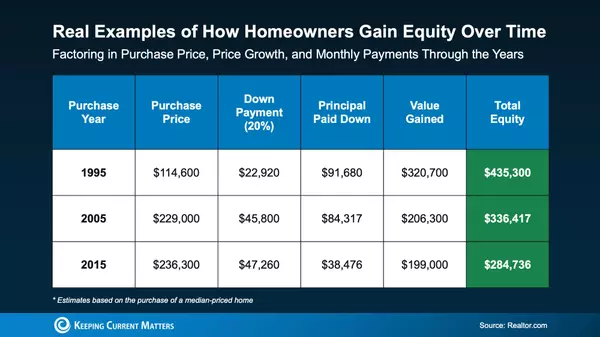
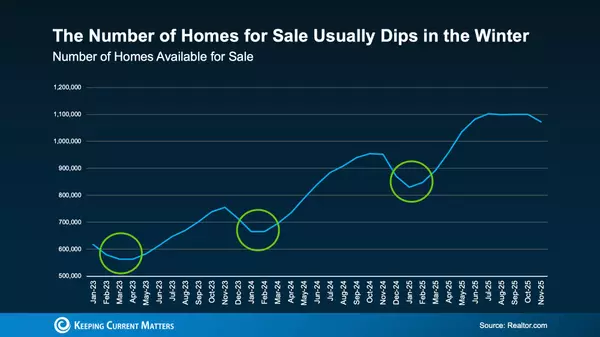
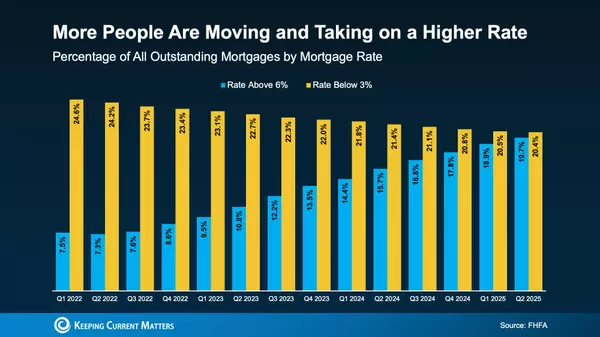
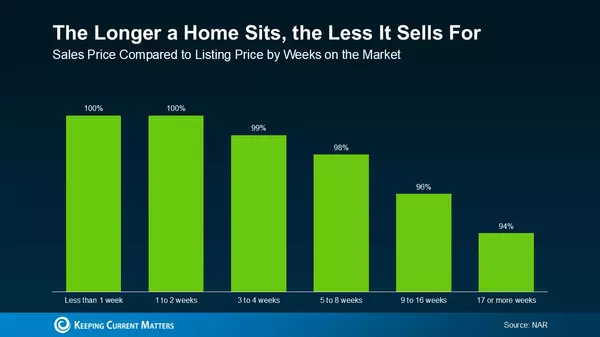
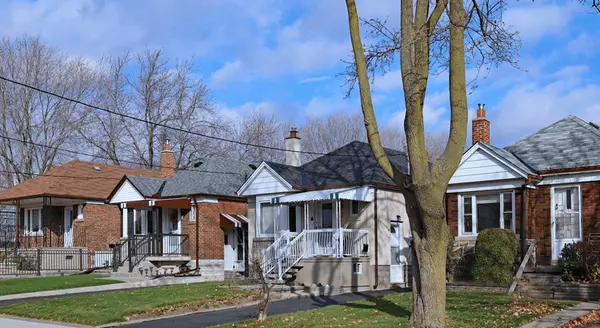
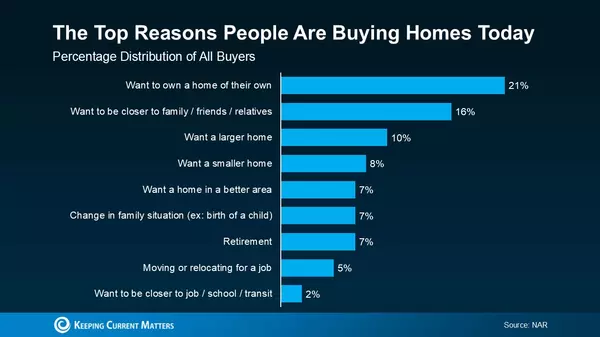
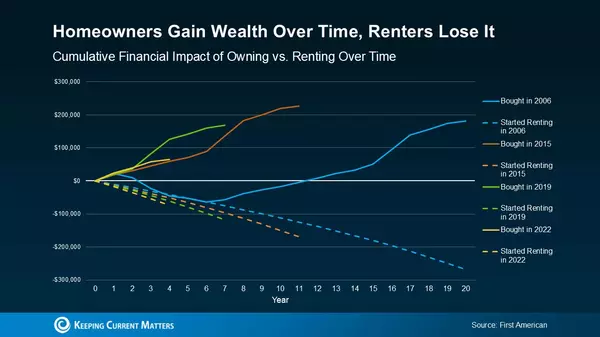
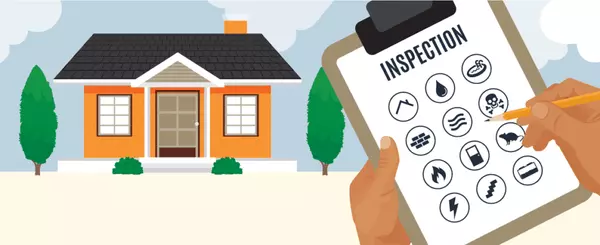
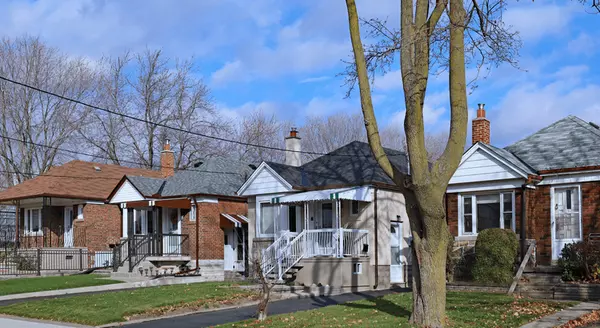
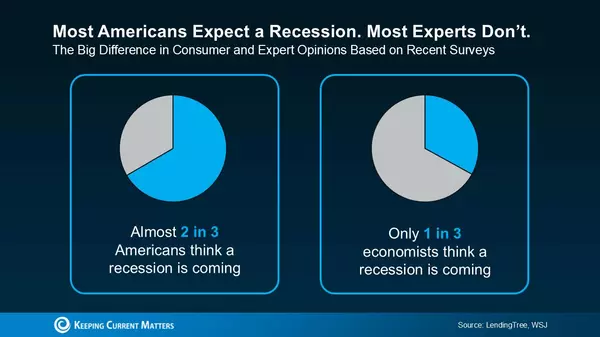
GET MORE INFORMATION


